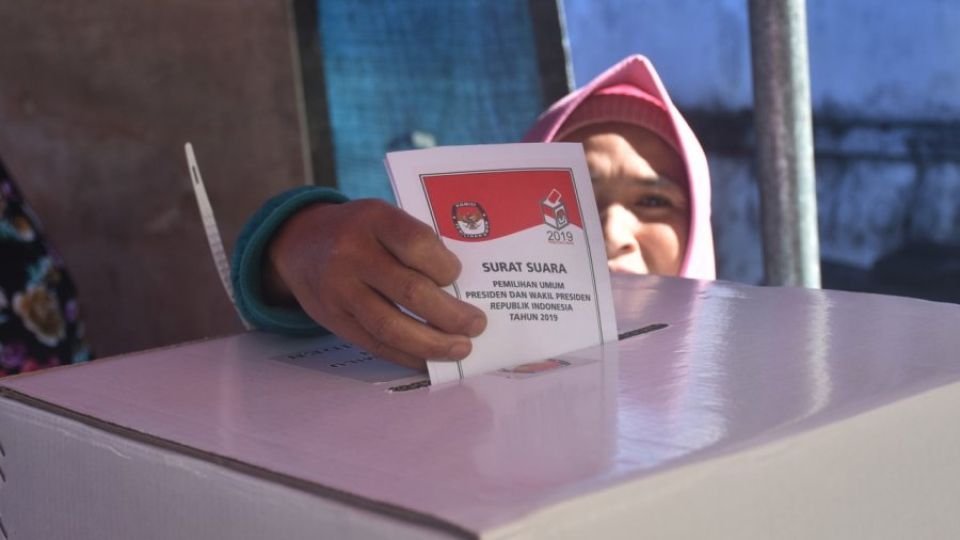January 11, 2023
JAKARTA – If democracy, at its core, means the rule of the people, the prevailing open-list electoral system should stand, despite its imperfections. Only the ruling Indonesian Democratic Party of Struggle (PDI-P), which holds about 20 percent of the seats in the House of Representatives, is against the current system. The other eight parties in the House support it and want it to remain the method of electing legislators in the 2024 polls.
On Sunday, the leaders of those eight political parties, both from the ruling coalition and the opposition, gathered in a display of unity against moves to restore the old closed-list proportional representation format. Their message was loud and clear. Returning to the old mechanism would undermine Indonesian democracy, which has already shown signs of regression over the last few years.
These parties have contributed to democratic backsliding as well through their endorsement of a number of controversial bills without meaningful public consultation. But in defending the open-list system they are doing their jobs as representatives of the people. They have articulated the aspirations of the public – their constituents – for free, fair and accountable elections.
The Constitutional Court has received a motion for judicial review filed by a PDI-P member and several other plaintiffs claiming to represent other pro-government parties against certain stipulations in the 2017 General Elections Law. In particular, they have demanded the reinstatement of the closed-list format for legislative elections.
If the court upholds the judicial review, voters will only be able to select their preferred political parties, rather than candidates, in the Feb. 14, 2024, elections. This mechanism, which was last practiced in the 1999 elections, allows the political party elite to ensure that only those loyal to the party leadership are elected.
The PDI-P supports the old format, saying it is in line with the Constitution and will prevent vote buying, which was allegedly rampant in previous elections. Legislative elections are prone to vote buying, with Indonesia Corruption Watch estimating that a typical candidate aspiring to win a House seat spent some Rp 10 billion (US$641,800) on campaigning in 2019.
As if to confirm the vulnerability, the Corruption Eradication Commission (KPK) arrested Golkar legislative candidate Bowo Sidik Pangarso for allegedly attempting to buy votes ahead of election day in 2019.
But whether such practices would stop under a closed-list system not at all clear. The lack of transparency inherent in the system would likely allow vote buying to go on undetected, thus encouraging more candidates to engage in the practice. The more transparent and open the electoral system, the easier it will be to eradicate vote buying, one of the many forms of state corruption.
Not only does the closed-list format contradict the spirit of transparency, it violates the basic right of voters to choose representatives whom they trust. The state, let alone political parties or the elite, cannot be allowed to seize this prerogative from the people. The open-list system is a manifestation of participatory democracy that we need to preserve, as mandated by the Constitution.
The Constitutional Court knows this and, therefore, has no reason to grant the petition intended to undermine our hard-won democracy.


